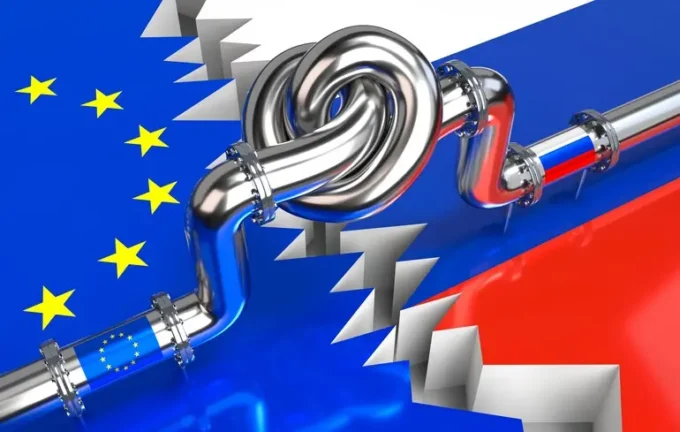Europe Prepares for New Energy Challenges: TotalEnergies Assesses Outlook for Withstanding Russian Gas Ban

The European continent, which has long depended on Russian natural gas supplies, is currently gearing up for a significant transformation of its energy systems. According to Patrick Pouyanne, CEO of the French multinational company TotalEnergies, European countries possess the necessary resources to successfully navigate the impending ban on Russian gas imports introduced by the European Commission. He highlighted ongoing efforts to develop new liquefied natural gas (LNG) export capacities in the United States and Qatar, which are projected to replace Russian supplies by 2028. "We have sufficient reserves and infrastructure to ensure uninterrupted gas supplies to the European Union without relying on Russian LNG. These will be available thanks to new facilities being built in the US and Qatar," Pouyanne assured. This initiative takes place amid the EU's intensified efforts to diversify energy sources and reduce dependency on Moscow, especially following Russia's invasion of Ukraine. Despite optimistic forecasts, challenges remain. Although Russia no longer serves as the EU’s largest gas supplier, it still accounts for nearly 20% of the continent’s demand, posing a significant risk to energy stability. Regarding prices, Pouyanne expressed reassurance for short-term prospects, noting that EU and French consumers will not face severe price hikes. "Current reserves are sufficient, and Saudi Arabia is actively working to stabilize prices and prevent sharp increases," he stated. However, ongoing geopolitical tensions and trade disputes continue to create uncertainty. Pouyanne warned that conflicts initiated by former U.S. President Donald Trump contribute to unpredictability, potentially affecting global energy markets and stalling new projects. Amid these developments, the European Union is seeking ways to bypass internal disagreements. A proposed strategy involves banning new contracts for Russian gas based on trade law, thus circumventing potential vetoes from Hungary and Slovakia. This approach allows the EU to gradually phase out Russian supplies over the next two years, ensuring energy independence and security despite political and economic turbulences.

